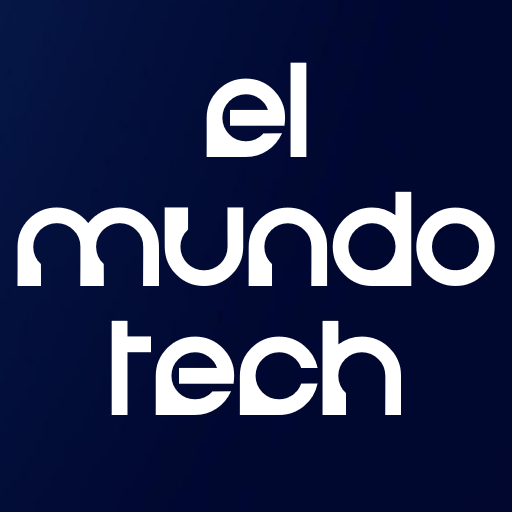It wasn’t that long ago when Verizon tried to enter the world of digital journalistic content (including video) with Sugarstring.com late last year but failed; the site had prohibitions about certain subjects like Net Neutrality (Verizon has been against it). So, what will Verizon do with AOL media properties if its $4.4 billion purchase of the online media company gets approved as is?
What the companies say
Today, mobile phone provider Verizon made public its decision to buy AOL, an online media company (still offering internet dial-up services to 2+ million people). For AOL, it’s years after the company divorced from Time Warner, and currently owns popular sites such as The Huffington Post and Endgadget (which offer digital news and videos) as well as an advertising platform. Verizon calls these AOL properties a “premium portfolio of global content brands.”
For the mobile service provider, the new AOL is set “to provide customers with a premium digital experience based on a global multiscreen network platform. This acquisition supports our strategy to provide a cross-screen connection for consumers, creators and advertisers to deliver that premium customer experience,” said Lowell McAdam, Verizon CEO and chairman.
Tim Armstrong, AOL chariman and CEO, said: “The visions of Verizon and AOL are shared; the companies have existing successful partnerships, and we are excited to work with the team at Verizon to create the next generation of media through mobile and video.”
Will the editorial independence of AOL media properties be at stake?
As seen in Re/Code, various sources say AOL has been in serious talks with German media company Axel Springer, though there is nothing concrete about this. If Verizon’s purchase of AOL gets approved, it may have some sacrifices to make the way Comcast did to get NBC Universal. In this case, AOL may select to sell off one or more of its media properties, or Verizon would have to try the hard way of buying everything AOL owns, especially Huffington Post, Engadget and TechCrunch.
Telecommunications company Comcast is not just that. After Comcast bought NBC Universal, it became a media conglomerate. So, what’s the future of TechCrunch? “TechCrunch is not getting sold off. There will be editorial independence. And from a distribution and resource standpoint, it’s probably the most exciting deal we could have done,” said Tim Armstrong, AOL CEO.
“Engadget’s editorial isn’t for sale. It never has been, and it never will be. Not as long as I and Executive Editor Christopher Trout are running things,” wrote Michael Gorman, Editor-in-Chief at Endgadget.com, in a post.
People may remember early last year when CBS forced its tech news site CNET to change its mind about the winner of the Best of CES award going to Dish Networks, a company CBS had taken to court.
What Timothy Karr, Sr. Director of Strategy at FreePres.net told OpenSecrets.org puts the situation in a clearer way: “An AOL property, Huffington Post, has been editorially a platform for some of the strongest voices in support of net neutrality. Verizon is a company that is deeply involved in a number of political and policy issues. That it is seeking to own more content properties raises some serious questions about [the properties’] editorial independence.”
Do you believe AOL media properties will be able to keep their editorial independence after Verizon’s failed attempt and editorial mishap with SugarString and its opposition to Net Neutrality? Will the Huffington Post be sold to the highest bidder?
[Sources]: Verizon: Verizon to Acquire AOL; TechCrunch.com: CEO Tim Armstrong Says AOL Is Staying In The Content Business (And He’s Not Selling TechCrunch); Engadget.com: Verizon is buying Endgadget, but not its editorial.; Re/code: AOL Has Been in Talks to Spin Off HuffPost as Part of Verizon Acquisition Deal; FreePress.net: The AOL-Verizon Merger and Net Neutrality.





